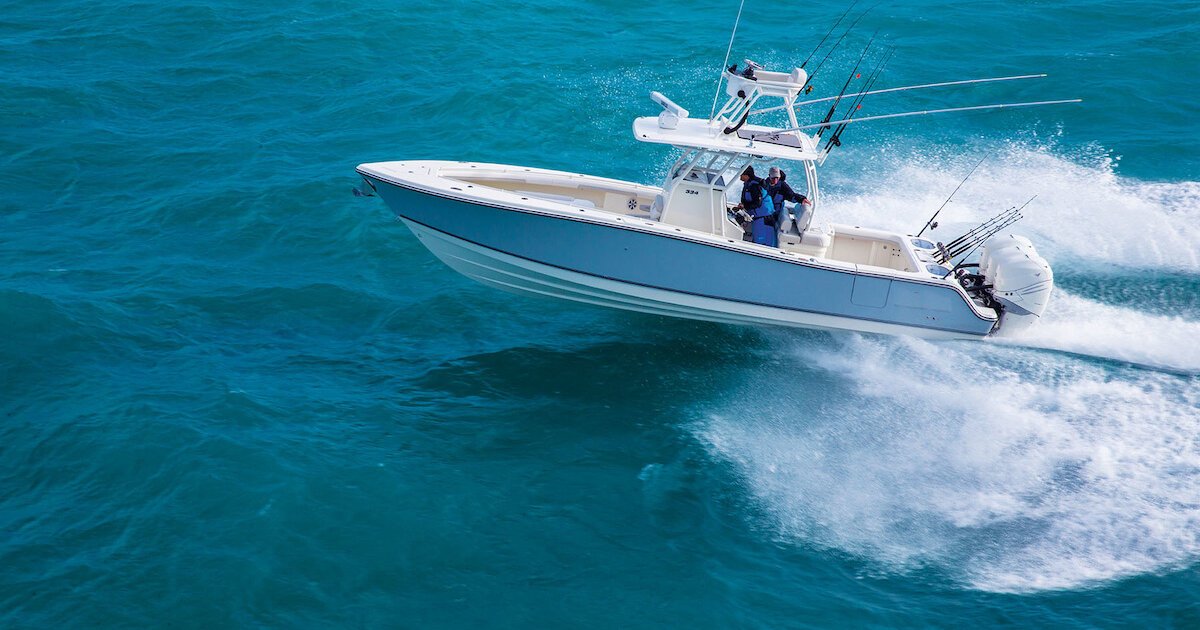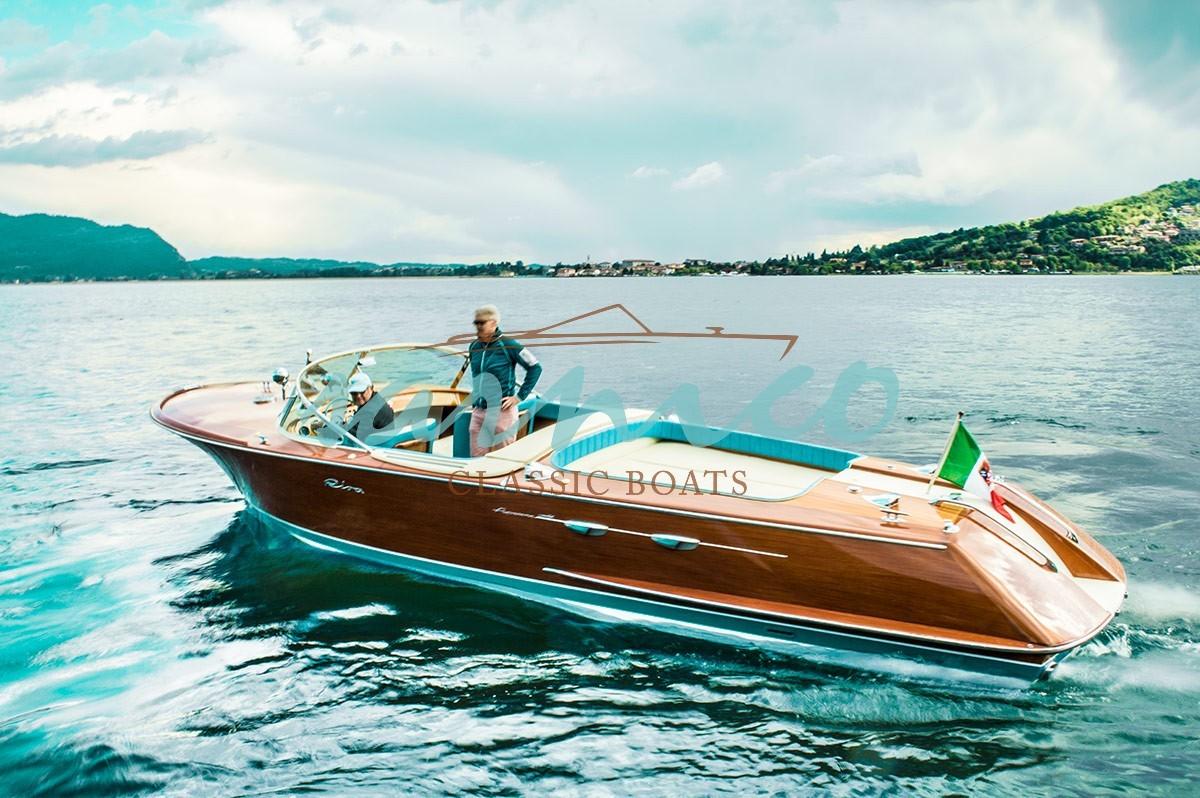Every year tragedies occur on the open seas, lakes and rivers. rib hire poole are injured or worse because they failed to remember to maintain boat safety in your mind. The truth is that these issues could have been prevented by simply taking a few straightforward measures before embarking out on their ship. With this in mind, let us explore some proactive measures that boaters, whether they have been on a kayak or a yacht, usually takes to avoid misfortune whilst out on the ground.
Certainly one of the biggest mistakes boaters make is misjudging weather conditions. Often they look out and see calm water and also become complacent connected to safety. Unfortunately on occasion, and without any forewarning, the elements can have a brutal turn for the worse, as you might imagine this can result in catastrophic consequences.
It’s very important to not forget that the United States Coast Guard prescribes that certain equipment be inventoried on every ship. The amount of apparatus mandated is determined by how big this ship and how it is powered. States may even have requirements that go beyond and above those of the USCG.
As stated earlier, weather may be dangerous impediment into a safe trip out on water. It is crucial to have as strong a sense of requirements as possible. Storms can become manifest without an instant’s notice. This is true regardless of your geographic kick off place. Oceans and lakes are all littered with stories of sudden storms over turning vessels and causing horrible harm.
A great starting place, and of course compulsory, for safety will be to ensure there are always on hand enough personal flotation devices (PFD) for everyone onboard the vessel. All these are more commonly known as life jackets or life preservers. They function to help the consumer, whether conscious or unconscious to remain afloat in the water maintaining their heads above the water.
You will also need to keep readily available a vast array of devices. Make sure you have flotation apparatus which could be pitched into the water. safety boat services making gears, like whistles or pliers, can be utilized to convey distress. solent rib hire can also be very important. Having flares onboard may attract the attention of rescuers that noise signs might not have otherwise reached. Remember to equip your ship with fire .
Higher than a couple of sailing accidents have nothing to do with this current weather. In fact, they are completely avoidable. I am referring to those boaters who take into the seaways beneath the sway, or individuals who steadily become inebriated during their trip. Not only are you putting your self and the others from harm’s way, but you may also be arrested.
Any conversation of vessel safety is not meant to throw a damper to the enjoyment of angling. Rather, it’s meant to ensure that should a problem occur on the water, then you’re going to have the ability to efficiently take care of the matter at hand. Afterall, the idea of owning a boat is to get on those waters normally as possible.
Pre-Departure Boat Safety Checklist
To make certain that your small boat is seaworthy and all essentials are up to speed, choose 15minutes for a quick review before launching. Complete a pre-departure checklist ahead to launching and you will be certain your vessel is in good working order with all the essential equipment aboard.
• First Check the functioning state of your ship: motor, steering, battery, valves, valves, wiring, fuel tanks, linesand float buttons. Always test your vessel lights and take extra batteries. Have and check all navigation lights as required for your vessel. Make certain all tool lights are all working.
• for those who have a double charging system, make sure the selector switch in the appropriate position. Ensure that the power is on to the entire vessel. Have aboard spare batteries for attachments such a your handheld radio, flashlight, and mobile navigational aid, etc.. If the batteries are rechargeable, then make sure they are charged.
• Open all hatches and run the mill after you refuel and before getting penalized. Sniff for fumes before starting the engine of course, should you smell fumes, do not begin the engine. Look for the source of the leak.
• On any powered vessel or auxiliary powered sailboat, or boats using LPG for cooking or heat, assess that indoor spaces are well ventilated before death.
• be certain that you have at least one U.S. Coast Guard-approved life coat of size and type along with correctly matching for you as well as every pupil (and, to the water, make certain that they are wornout, not just stored ). It is wise to add a whistle to each life jacket.
Additionally boats More than 16 feet must have an additional Type IV or throwable flotation device – i.e. buoyant cushion, ring buoy, or horseshoe buoy
• Carry a minumum of one fire extinguisher and make sure it is charged and accessible. Make sure you have the absolute minimum number required by Coast Guard rules.
• Make sure you have one anchor set up. Take a few additional pier lines in case you encounter unusual conditions dock-side. Inspect the lines that you employ for wear or tear. Take at least two fenders on board for docking or towing if required.
rib hire southampton – Maintain on board in a floating bowl: graphs of the neighborhood region, flares, a medical kit.
• Check for other safety equipment suited to the size of your ship and also the region where it’s going to likely be operating; flashlight and spare batteries, tool kit, a sunscreen, paddles, oars, binoculars, visual distress signals, and also a VHF-FM marine radio. You could also provide a horn capable of producing a four-second blast audible for 1/2 mile on board.
safety boats Check the capacity plate (if affixed to the hull) or figure out the optimum load to ensure that you never overload the boat with gear and passengers.
• Ensure that your registration is up to date and onboard with you and that your ship. Have all other necessary papers like radio permit, fishing permit, etc. . board. Have the chart or charts for the region you want to cruise in, regardless of your level of local understanding.
If you are not sure that you could complete all the essential checking yourself, use some free Vessel Safety Check from the US Coast Guard. Free of charge, they’ll provide a specialist to take a look at your boat and create helpful boating safety hints and recommendations.
Several Tips For Boat Safety
People are hurt or worse because they did not remember to keep ship safety in your mind. The irony is that these problems might have been prevented by taking a couple of straightforward measures before embarking on their ship. Bearing this in mind, let us explore several proactive measures boaters, whether they are on a kayak or a yacht, usually takes to avoid misfortune while out on the water.
Certainly one of the primary mistakes boaters create is misjudging weather conditions. Usually they lookout and watch calm water and eventually become complacent connected to safety. Unfortunately occasionally, and without any forewarning, the elements can take a brutal turn for the worse, and as you could imagine this could lead to catastrophic consequences.
It is very important to remember that the United States Coast Guard prescribes that certain equipment be inventoried on every ship. The amount of devices falsified is dependent on the size of the boat and the way it’s powered. States can also have requirements which go above and beyond those of the USCG.
As mentioned earlier in the day, weather may be dangerous impediment into some safe trip on the water. It is crucial to get as strong a sense of requirements as you can. Storms can get manifest without a moment’s notice. This is true regardless of your geographic starting place. Oceans and lakes are all littered with stories of surprising storms over turning vessels and causing tragic harm.
A good starting place, not to mention required, for safety would be to make sure that there are always to hand enough personal flotation devices (PFD) for everybody aboard the vessel. These tend to be more commonly called life jackets or life preservers. They serve to aid the consumer, whether unconscious or conscious to keep afloat from the water maintaining their heads above the drinking water.
You’ll even need to stay readily available a wide variety of devices. Be Bareboat RIB Hire to have flotation apparatus that can be pitched into your water. Audio making gear, such as whistles or pliers, may be utilized to communicate distress. Visual distress signals will also be vital. Having flares on-board may draw the attention of rescuers that noise signs may not have reached. Do not forget to equip your ship with fire extinguishers.
Higher than just a couple of sailing injuries haven’t anything to do with the elements. In fact, they have been completely avoidable. I’m referring to those boaters who take into the seaways beneath the influence, or those who steadily become inebriated during the course of their own trip. Boating while drunk or under the influence of drugs will be a sure recipe for tragedy. Not only are you putting yourself and the others in harm’s way, however you may also be detained.
Any conversation of ship safety is not supposed to throw a damper on the joy of angling. Rather, it is meant to guarantee that if a problem occur on the water, then you will be able to efficiently take care of the matter available. Afterall, the idea of owning a boat would be to get out on those waters as often as possible.
Hello world!
Welcome to your brand new blog at Edublogs!
To get started, simply visit your blog’s dashboard, edit or delete this post and check out all the other options available to you.
Like more help?
We can walk you through step-by-step in our guide to getting started with your blog.
Happy blogging!